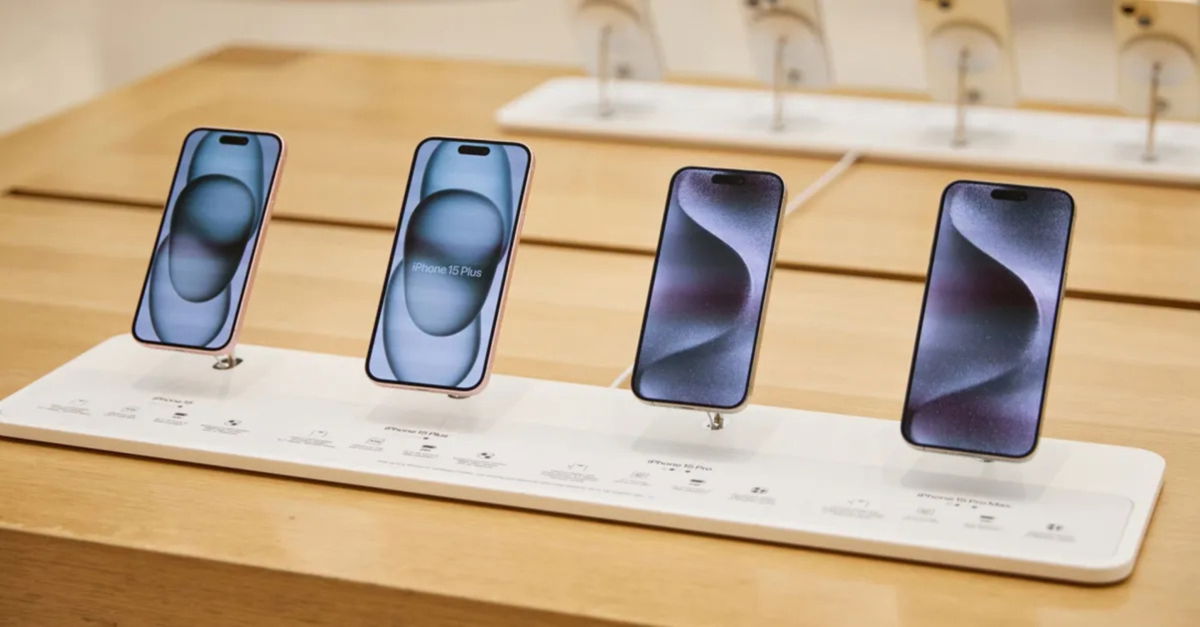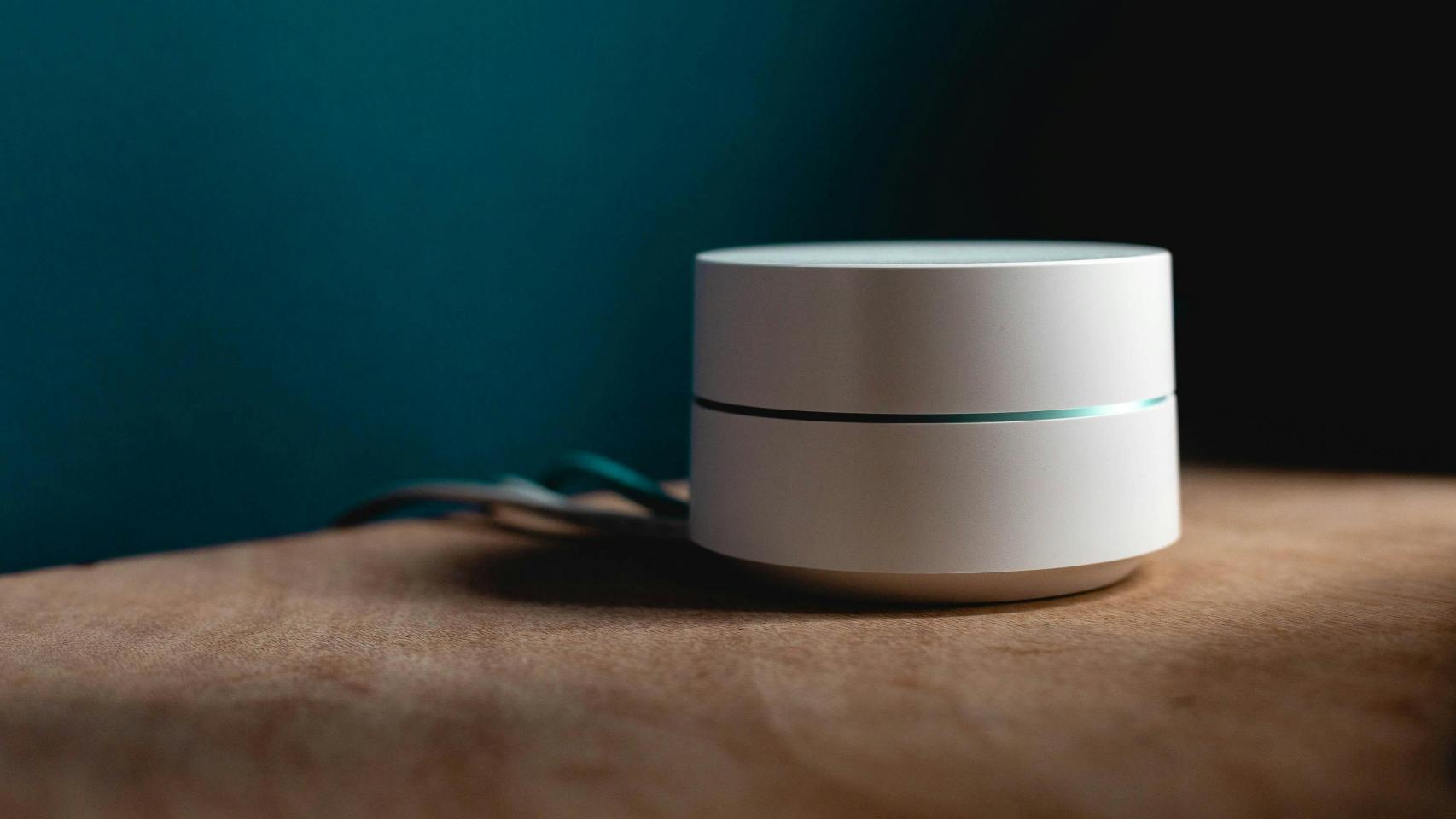The new version of iOS 14.5 has arrived with a whole slew of cool news for iPhone users, such as new emojis and the ability to unlock iPhone with a mask.
However, there is other less visible but extremely interesting news that you shouldn’t miss, such as the feature to avoid app tracking so that they cannot access your personal data.
Usually, applications installed on mobile devices have access to sensitive information related to your profile, they collect it and share it with third parties so that the advertisements you receive are directed and aligned with your tastes.
After the iOS 14.5 update, Apple allows you to block this type of tracking performed by applications as soon as they are installed. The new feature is on by default, so you don’t have to do anything.
However, you can always adjust it to your liking and preferences.
- First, go to ‘Settings> Privacy> Tracking’.
- Allow the app to request tracking will be disabled (the cursor will be green).
- Below you will see the apps that have already requested permission and it will tell you if it has been granted.
- You can touch the slider next to them to turn tracking on or off.
With this setting, in any new app you install, you will need to ask for permission to track it on other apps or websites. As a result, if you download a new app, you will see a message asking you to choose whether you want to “ask the app not to track”.
How to stop apps asking you to allow tracking
If you want, you can stop these notifications from apps that want to follow you by simply changing the slider next to “ Allow apps to request follow-up greyed out. ”
- Go to “Settings> Privacy> Tracking”.
- This time, hover the slider next to “Allow apps to request green to gray tracking.
- Now, instead of seeing an alert that an app wants to follow you and having to act accordingly, the app will be notified that it does not have permission to follow you.
Should I let the apps follow me?
The new default setting means apps must “obtain user permission before crawling their data on third-party websites or apps to advertise or share your data with third-party companies,” according to Apple.
If you allow the collection of your data and the tracking of your activity, this data will not necessarily be used only by the application, but may also be shared with other parties and combined with other information about you or your device. .
Some companies, like Facebook, are not at all happy with the changes to iOS 14.5 because they say they will have a negative impact on the advertising industry. It can also be difficult for some small businesses to target their products to a niche audience.
However, advertising worked before it could be targeted in this way. Back then, advertisers paid money to advertise in magazines or publications read by their target audience, for example.
Of course, you might prefer to see ads that interest you rather than lots of ads that don’t interest you.
How many users allow apps to track or trace?
Unsurprisingly, the vast majority of iOS 14.5 users do not allow ad tracking. In fact, according to Flurry Analysis, only 4% of users in the US allow tracking.
About 2.5 million users participated in the study. Overall acceptance of ad tracking appears to be a bit higher, with approval ratings of 11%.
Flurry Analytics provides software developers that can be used to analyze user behavior in their applications.
According to the company, Software is installed in 1 billion apps on around two billion smartphones, so the data for iOS tracking is representative.
Users typically decide not to turn off tracking and then block individual apps when they are installed. Only four percent of US users have completely disabled the “Allow apps to request tracking” control.
Take a look at all the news you need to know about iOS 14.5.
.










